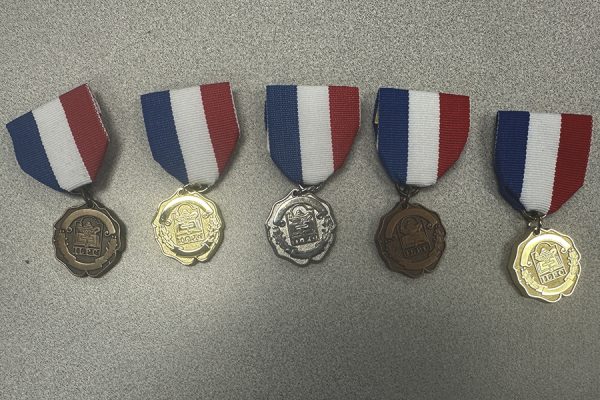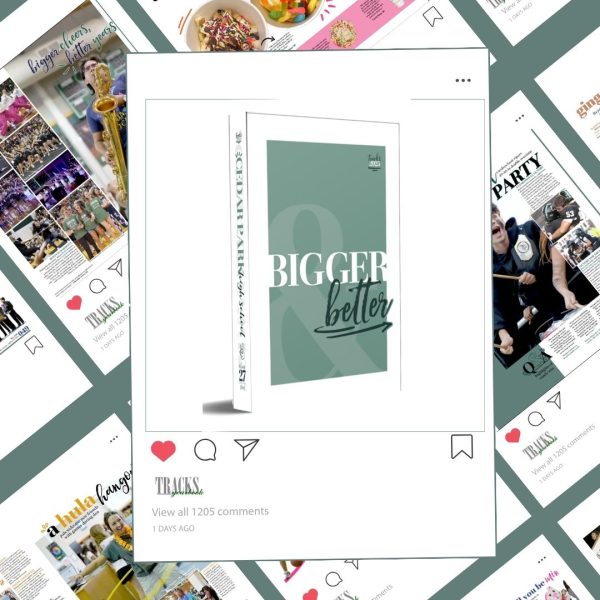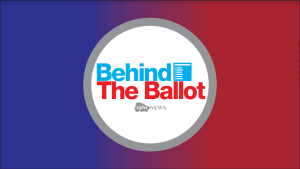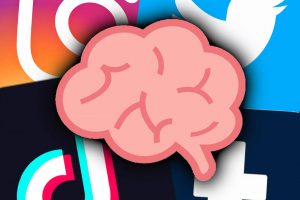The Hidden Addiction
Caffeine Proves Unhealthy, Addictive
Coffee cup is pictured in a classroom. There are many addictions in society today. Drugs, alcohol and now one that is quiet, but still relevant; caffeine. According to Medical News Today, heavy use of caffeine can cause nervousness, anxiety, jitteriness, sleep problems, gastrointestinal disturbances, tremors and increased heart rate. So while students struggling to balance their busy lives resort to a caffeinated beverage, they are actually putting themselves at risk of something much worse than low energy or sleepiness.
February 6, 2020
There are many addictions in society today. Drugs, alcohol and now one that is quiet, but still relevant; caffeine. Caffeine addiction is defined by The Verywell Mind as the excessive and/or harmful use of caffeine over a period of time, which has negative effects on your health, social interactions, or other areas of your life.
Caffeine is easy to access, as you can simply go to your local Dunkin Donuts, Starbucks, or even a gas station for a Coca-Cola. With the business of students’ day to day lives, they are prone to seek out something that seems harmless, especially if it is so easy to access and that gives them the boost that they need to get through their day or even their late night
According to Medical News Today, studies have indicated that 83.2 percent of teenagers consume caffeinated beverages regularly, and at least 96 percent consume them occasionally. High school students are constantly balancing schoolwork with home life or even extracurriculars and a job, so it is not surprising that they have started seeking a beverage that can keep their energy up and running. While this seems like a good option, it actually has plenty of negative side effects for those who continuously consume caffeine.
Medical News Today also reported that heavy use of caffeine can cause nervousness, anxiety, sleep problems, gastrointestinal disturbances, tremors and increased heart rate. So while students struggling to balance their busy lives resort to a caffeinated beverage, they are actually putting themselves at risk of something much worse than low energy or sleepiness.
While there are short term effects like anxiety and nervousness, there are long term effects that many do not see. According to Healthline, excessive caffeine intake causes a fast heart rate, increased urination, nervousness, anxiety, stomach upsets and insomnia. These long term effects and even short term effects of caffeine put every sleepy student at risk of an unhealthy lifestyle disguised as a healthy alternative to being sleepy or unenergized. But caffeine addiction is real, and it is dangerous.
Do not feel discouraged though, there are healthy alternatives to drinking caffeine. According to Healthline, matcha tea is a good option. It is a type of green tea that reduces your risk of high blood pressure and has also been associated with reduced weight and body fat, as well as a lower risk of type 2 diabetes.
Yet another healthy alternative to coffee is chicory coffee, which Healthline also said is a good option that tastes very similar to coffee but is actually caffeine free. The drink is very high in the beneficial fiber insulin, which may aid in digestion and support a healthy gut.
While pulling away from caffeine may be a struggle, don’t lose hope. There are plenty of healthy alternatives that will lead to a happier, healthier life.

![Posing with their UIL State Trophy, the Robolobos Van Halen Team beams with excitement after their win. “It was a team effort,” junior Noah Vo said. “I was happy because something happened in the first match and the match was also really close. So [when] they finally revealed it, I was pretty happy.” Photo courtesy of Amy Lovelace](https://cphswolfpack.com/wp-content/uploads/2025/05/IMG_0910-EDIT-1200x723.jpg)

![Broadcast, yearbook and newspaper combined for 66 Interscholastic League Press Conference awards this year. Yearbook won 43, newspaper won 14 and broadcast took home nine. “I think [the ILPC awards] are a great way to give the kids some acknowledgement for all of their hard work,” newspaper and yearbook adviser Paige Hert said. “They typically spend the year covering everyone else’s big moments, so it’s really cool for them to be celebrated so many times and in so many different ways.”](https://cphswolfpack.com/wp-content/uploads/2025/05/edited-ILPC.jpg)
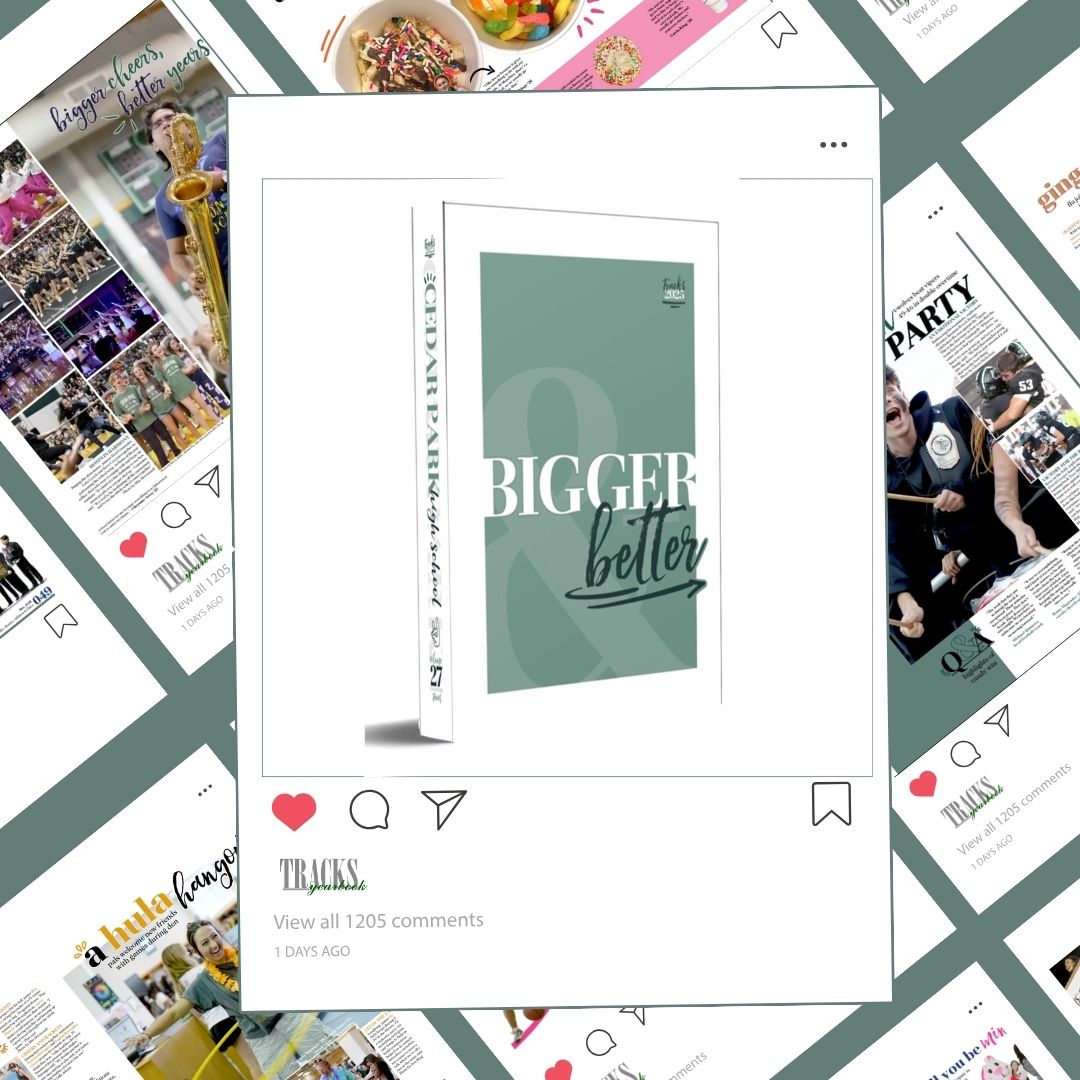












![Bringing her arm over her head and taking a quick breath, junior Lauren Lucas swims the final laps of the 500 freestyle at the regionals swimming competition on date. Lucas broke the school’s 18-year-old record for the 500 freestyle at regionals and again at state with a time of 4:58.63. “I’d had my eye on that 500 record since my freshman year, so I was really excited to see if I could get it at regionals or districts,” Lucas said. “ State is always a really fun experience and medaling for the first time was really great. It was a very very tight race, [so] I was a bit surprised [that I medaled]. [There were] a lot of fast girls at the meet in general, [and] it was like a dogfight back and forth, back and forth.” Photo by Kaydence Wilkinson](https://cphswolfpack.com/wp-content/uploads/2025/03/Kaydence-2.7-23-edit-2.jpg)
![As the support team sits and poses for a photo in the cafeteria with the counseling team they eagerly wait to start their day. "We [all] seem to be a team, I get up every day and there's days where I don't want to go to work today, but I'm thankful that I have a job and I'm blessed to have what I have," Christopherson said. Photo Courtesy of Julie Weltens.](https://cphswolfpack.com/wp-content/uploads/2025/01/AF9E8470-10D7-4C91-BF28-EC8F86BAB66C-1200x852.jpeg)
![Officer Stephanie Cash is in her second year as an SRO at CPHS. “Seeing [students] grow over the years has been kind of cool,” Officer Cash said. “Freshmen that [are] all over the place and then in the next couple of years get a little more squared away and go to class and do work and start thinking about the future. Being a part of a student's growth is the best way to measure my success as an SRO.” Photo Courtesy of Cedar Park Police Department's PIO, Alicia Gallagher.](https://cphswolfpack.com/wp-content/uploads/2024/12/CPHS-SRO-900x1200.jpg)


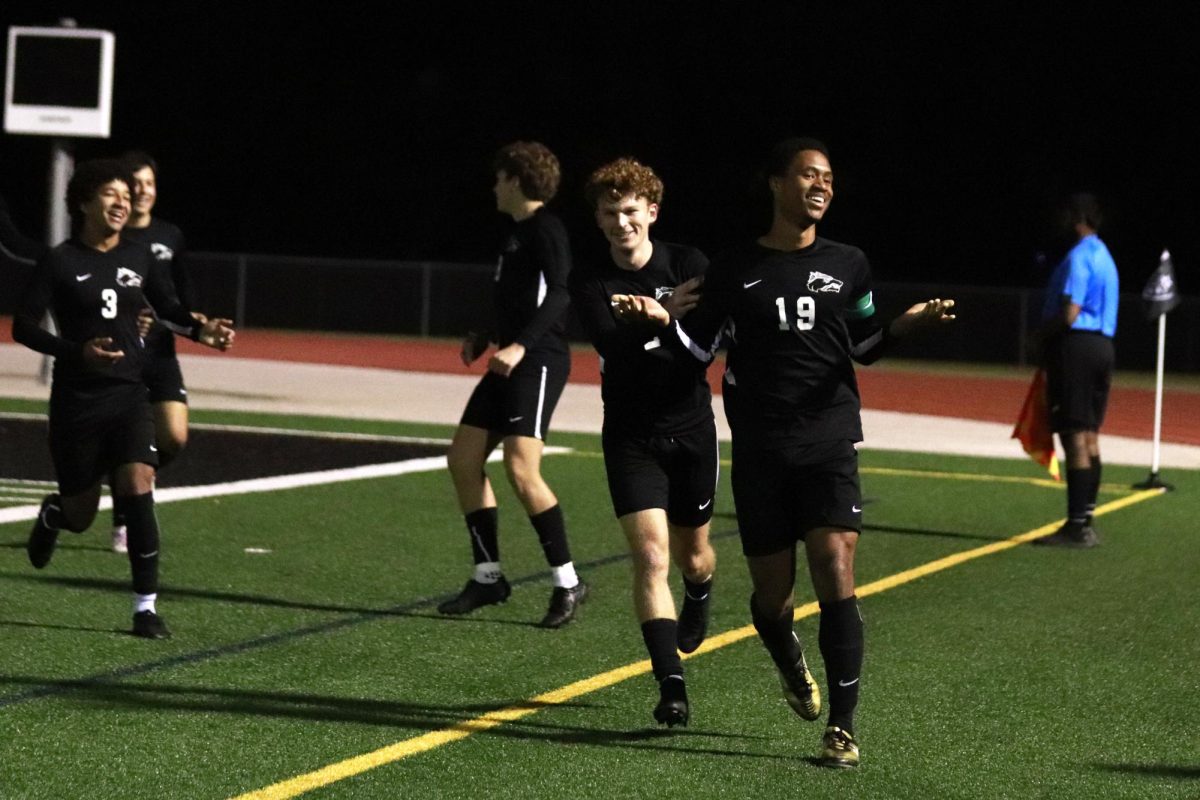
![Taking a breath as he raises his arm up and out of the water, sophomore Kaden Padilla swims the 500 freestyle at the UIL state meet on Feb. 21-22. Padilla placed 10th overall and second in the consolation final in the event, dropping two seconds. “My family was there, so being able to drop time for them was really special,” Padilla said. “It was awesome [finding out I advanced to the consolation finals]. I wasn’t expecting it, and I was very surprised. My parents being there definitely made me a lot happier knowing they got to see me swim in finals.” Photo by Skyler King.](https://cphswolfpack.com/wp-content/uploads/2025/03/kaden-padilla.jpg)

![Three defenders try to stop senior point guard Hope Edwards before the ball leaves her hands. The girls basketball team faced Liberty Hill on Feb 21, losing 58-40. “[My season was] definitely bittersweet,” Edwards said. It's definitely sad [because] I'm gonna miss all my teammates, my coaches and just the whole CP environment.”](https://cphswolfpack.com/wp-content/uploads/2025/03/julia-128-1200x800.jpg)


















